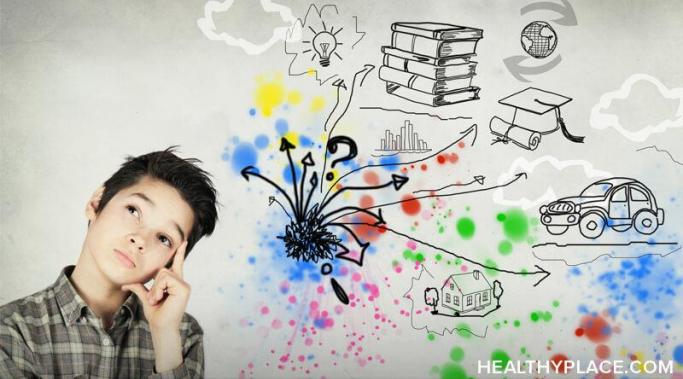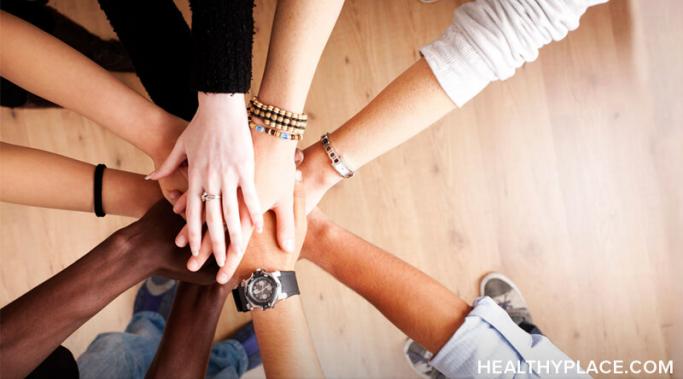Blogs
Dictionary.com defines impulsivity as "the quality of being easily swayed by emotional or involuntary urges or by momentary desire, without weighing them rationally." Up until my diagnosis of attention deficit hyperactivity disorder (ADHD), impulsivity was my life's mantra.
Several years ago, I started reading books from the romantic suspense genre. One reason I chose this genre was that I craved drama and passionate love. However, I did not want a predictable ending with only one conflict. I wanted to ride several waves of emotion. Reading romantic suspense helped me develop insight into love and its complexities. Here are three ways romantic suspense novels gave me a healthy view of love.
Sometimes, it is impossible to function due to depression, let alone be productive. While many of us will try to push through such a period, this month showed me that it's okay to give in to depression and just be. Sometimes, depression takes over.
I remember when I first came across the HealthyPlace blog site. I was about three months into living a whole new life, alcohol-free, and feeling alone. I was working as a Case Manager, juggling two classes for my Master's program while trying to enjoy the beauty Hawaii has to offer. In other words, I kept myself very distracted and away from any temptation to drink.
There are dozens of web pages and support services that you can find in every major city to help women dealing with verbal abuse. Unfortunately, the traditional female victim is a common scenario that many can empathize with, but it isn’t the only one. Boys and men are a large part of the unrepresented abuse victims in society today.
Self-Injury Awareness Day is March 1. For those who do not self-harm, it is a learning opportunity and a chance to show support for others. For those who do self-harm, however, it's an observance that can give rise to some pretty complicated emotions.
Grief is not a one-size-fits-all thing. Going through the stages of grief with schizophrenia can be emotionally taxing. When going through the stages of grief, it is important to remember that everyone takes their own amount of time.
When you enter the process of eating disorder recovery, one of the most intrusive—not to mention, persuasive—lies you might have to wrestle with is the belief that you're a burden. The combination of shame and stigma, which often underpins an eating disorder and many other forms of mental illness, can leave you feeling like just too much for those around you to tolerate. But as difficult as it can be to tune out this message, don't listen to the eating disorder voice: You are not a burden. In fact, you are worth claiming space in this world.
There are oodles of books on self-care nowadays. Its importance to wellbeing is plastered all over social media, is fodder for talk shows and podcasts, and is touted by doctors and therapists (in my experience) as essential to curing what ails the mind and body. That being said, practicing self-care can be hard.
I've tried making morning routines for myself to focus, following classic self-help tips: meditation, yoga, going for a run first thing in the morning, ensuring I get eight hours of sleep, etc. None of it stuck. More importantly, none of it helped. I never felt more productive or focused on my work. I never felt like it contributed to my success or happiness. Frankly, most of my success has come from moments of pure, chaotic frenzy--which might have something to do with attention-deficit/hyperactivity disorder (ADHD).









